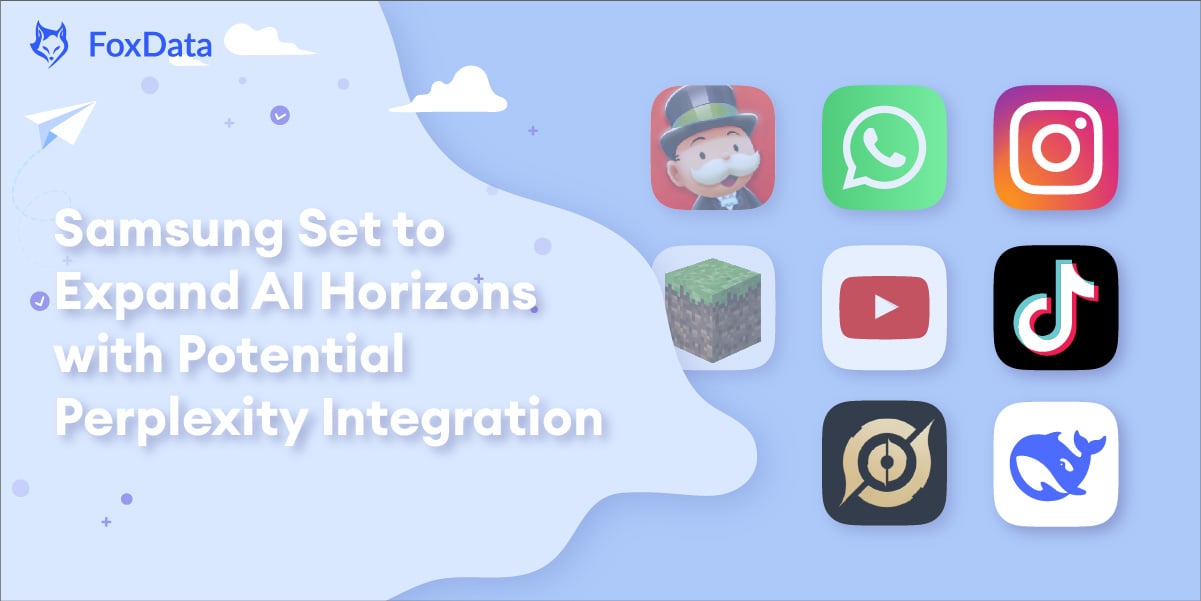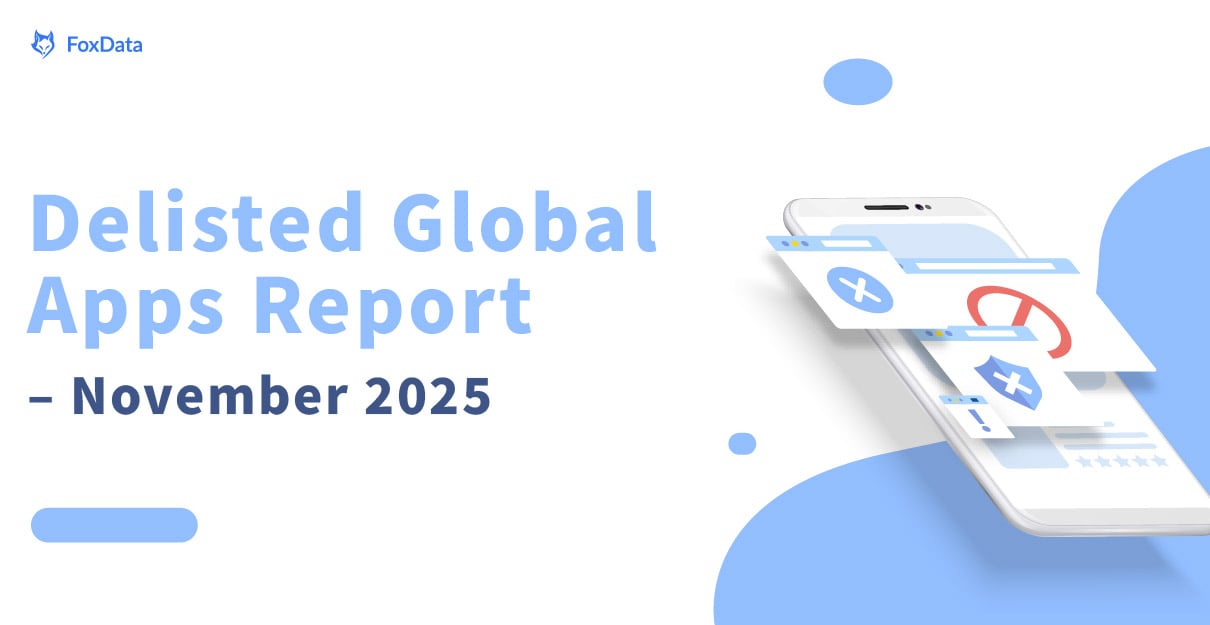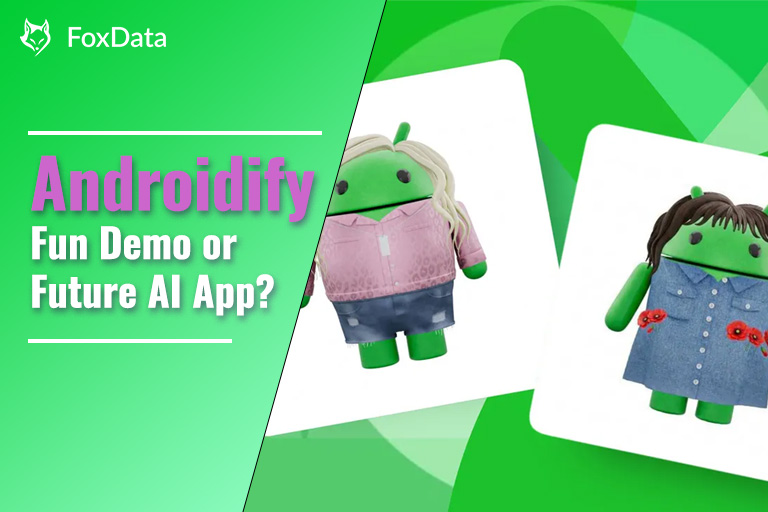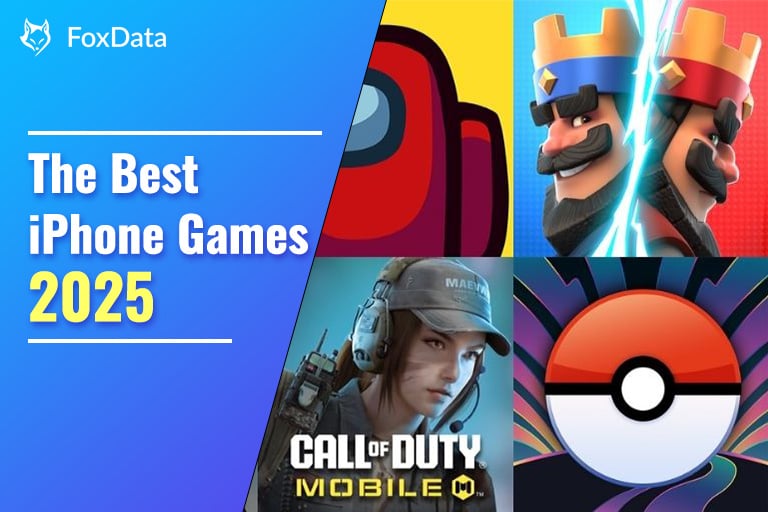Samsung Set to Expand AI Horizons with Potential Perplexity Integration

Artificial Intelligence (AI) is continuously transforming the way we interact with our devices, and its integration into smartphones represents the next frontier in enhancing user experiences. Amongst the myriad of AI assistants like Siri, ChatGPT, and Google's Gemini, a lesser-known competitor, Perplexity AI, is swiftly gaining ground. As AI infiltrates various sectors from wearables to vehicles, Perplexity stands out with its potential introduction into the Android landscape.
Perplexity AI: A New Contender
Perplexity AI has been quietly establishing itself as a formidable player in the AI assistant arena. Unlike traditional search engines that return a list of links in response to queries, Perplexity AI is designed to offer direct answers or explanations in a conversational tone, making interactions feel natural and engaging. Its adaptability across platforms has allowed it to reach users through web browsers on desktops, laptops, tablets, and mobile devices. The availability of a dedicated macOS application further demonstrates its versatility and user-centric approach.
Recent Developments: Motorola Partnership
Taking a significant leap forward, Perplexity has recently confirmed a collaboration with Motorola to embed its AI into the next iteration of the Razr foldable phone, expected to be unveiled on April 24. This strategic move not only highlights Perplexity's growth ambitions but also marks the beginning of a new chapter where niche AI assistants are blended seamlessly into smartphone interfaces from the ground up. The Razr’s design focus, intertwined with Perplexity’s AI features, aims to offer an enriched user experience right from the start.
Potential Integration with Samsung
Perhaps even more groundbreaking is Perplexity AI's ongoing discussions with Samsung, a leader in the smartphone manufacturing industry. This potential collaboration is intriguing, given Samsung’s existing AI offerings, namely Bixby and Google’s Gemini. If successful, this integration could provide users with an alternative AI experience, tailored to rival and complement Samsung's current AI solutions. This possible synergy would likely elevate the AI capabilities of Galaxy devices and offer functionality that traditional platforms don’t currently support.
The Competitive AI Landscape
The AI industry is burgeoning with advancements as multiple entities vie for dominance in delivering unparalleled digital interaction. As AI assistants evolve, their scope of application has broadened significantly, with enhanced integration into operating systems, applications, and even hardware. This development has pushed companies like Perplexity to innovate, resulting in broader market penetration and more user-focused solutions. The competition is no longer just about which AI can respond fastest or most accurately, but about creating an intuitive interface that preempts and responds to user needs in real-time.

Dive into the latest global app delisting data to uncover key trends, platform insights, and what app removals reveal about the app market in November 2025.
Implications for the Android Ecosystem
The implications of Perplexity's integration into the Android ecosystem could be vast. Android devices, already popular for their customization and variety of features, could benefit immensely from a sophisticated AI assistant that offers something different from mainstream options. This could lead to increased user engagement, loyalty to device manufacturers who choose to integrate Perplexity, and a shift in how users interact with their devices. Furthermore, this partnership could drive further innovation in AI development, encouraging other companies to rethink their strategies and approaches to AI implementation.
Beyond Smartphones
The potential of such integrations extends beyond smartphones. As more devices become interconnected, the demand for seamless AI assistance grows. Whether through wearable technology like smartwatches and augmented reality glasses or through integration in automobiles, the reach of AI is practically limitless. Companies see value in delivering a cohesive user experience across multiple platforms and devices. Perplexity’s model is poised to capitalize on this trend, facilitating a smooth transition into broader applications of AI in daily life.
Public Perception and Adoption
User adoption and perception will play critical roles in determining the success of this venture. Historically, users have shown loyalty to certain platforms due to familiarity and perceived functionality. However, the introduction of an AI assistant that leverages enhanced natural language processing capabilities could sway user preferences. It will be interesting to observe how consumers react to Perplexity, especially in regions where Android dominates the smartphone market. Education and awareness concerning the benefits and functionalities of Perplexity will be key in driving acceptance and integration.
Conclusion: A Future of AI-Integrated Devices
As Perplexity makes strides in the AI assistant domain, its moves with Motorola and potentially Samsung signify crucial shifts. The prospect of incorporating a fresh AI player into the Android ecosystem not only diversifies the market but also sparks innovation. With manufacturers like Motorola potentially leading the charge, other brands may follow suit, recognizing the value and user preference trends in integrating third-party AI solutions. As AI assistants become ever more enmeshed in routine tasks, the horizon is vast for what digital interaction could look like in the near future.
Let's dive into: FoxData's Latest Update: "AI Review Summary" and "Keyword Explore"
🚀 Get started with FoxData and explore the latest trending news for free! Sign up now!






